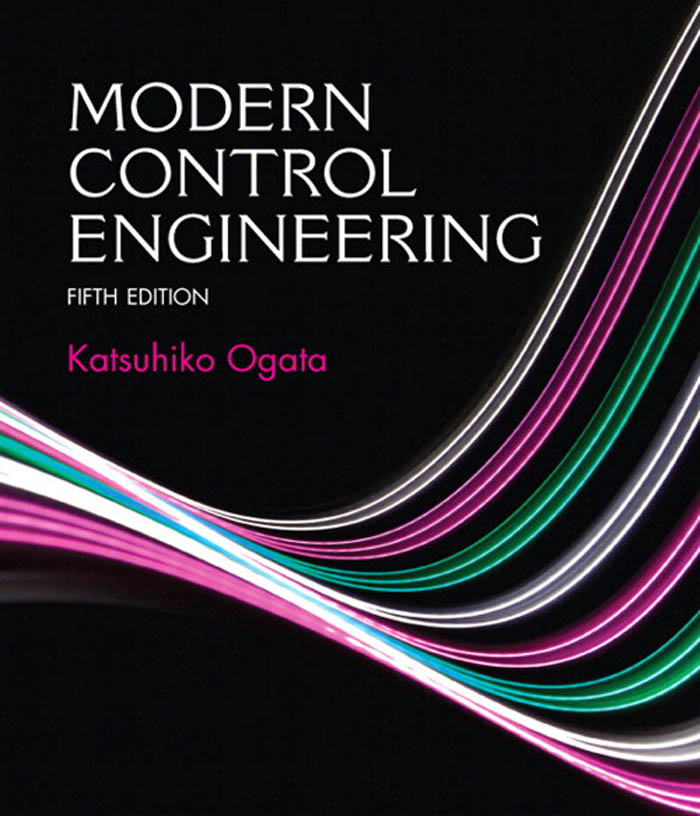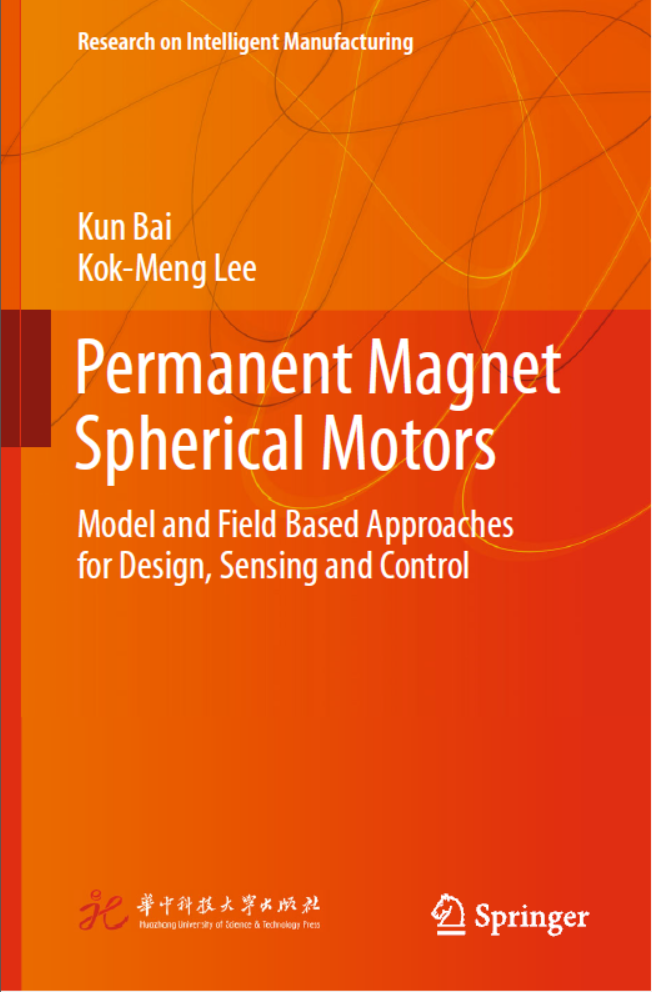FUNDAMENTALS OF CONTROL ENGINEERING
Fundamentals of Control Engineering is one of the major courses in mechanical engineering which aims to develop abilities for analyzing dynamic systems and designing feedback controllers. Main contents of the course cover basic knowledge, theories and methods as well as practical skills.
The course is organized with lectures and computer-based practices, with the purpose to deliver specialized knowledge in dynamic system analysis, and develop control concepts and skills in mechanical engineering as well as other engineering-related courses.
Lectures (40 credit hours)
1. Course overview (2)
2. Mathematics fundamentals (4)
1) Complex numbers and functions, magnitude and phase angle
2) Laplace Transformation: definition and properties, Laplace transform of common/special functions, Laplace table
3) Inverse Laplace Transformation
4) Transfer Function Approach, block diagrams, relation between ordinary differential equation and transfer function
5) Pole and zeros, partial fraction expansion
3. Mechanical systems (6)
1) Lumped-parameter approach
2) Ideal elements and their constitutive equations
3) Linearization, introduction of nonlinear systems, Taylor expansion
4) Energy method, work, energy, & power, modal analysis, mode shapes and natural frequencies
5) Transformer, power conversion/flow, transmission mechanisms
4. Electrical Systems (4)
1) Ideal elements and their constitutive equations
2) Complex impedances, definition and properties
3) Operational amplifiers, transfer function and example of PID controller
4) Electro-mechanical conversion
5. Fluid and Thermal Systems (4)
1) Liquid-level systems, ideal elements and their constitutive equations
2) Definition of pressures and head
3) Hydraulic and Pneumatic systems
4) Linearization of fluid system, equilibrium/operating point
5) Thermal systems
6. Transient and Steady-State Response Analyses (4)
1) Transient Response
2) Stability Analysis, Routh array
3) Dynamic response parameters
4) Steady-State Errors
7. Frequency Response and Control System Design (4)
1) Bode Diagrams
2) Nyquist Plots
3) Nyquist Stability Criterion
4) Control System Design
8. PID controller design (4)
1) Introduction on PID controllers
2) The effects of proportional, integral and derivative terms
3) PID parameter tuning
4) Modified PID controllers
9. Root Locus and Control System Design (4)
1) Root Locus Plots
2) Sketch method for root locus plots
3) Control System Design
10. State space (4)
5) State space modeling
6) System analysis in state space
7) Controllability, Observability
8) Pole-placement method for controller design
9) State observer design method
Computer-based Experiments (24 credit hours)
1. Math fundamentals (4): Matlab programming for algebra calculation, matrix/vector operation, Laplace transform.
2. Mechanical systems (4): Transfer function, toolbox for mechanics, plotting figures.
3. Electrical Systems (4): Optimal amplifier, introduction of Simulink.
4. Fluid and Thermal Systems (4): Sisotool, simulation of system dynamics.
5. PID controller design (4)
6. Root Locus (4)
TEXTBOOK AND REFERENCES:
- Katsuhiko Ogata, Modern Control Engineering, Fifth Edition, Prentice Hall, 2011;

2. K. Bai, K.-M. Lee, Permanent Magnet Spherical Motors: Model and Field Based Approaches for Design, Sensing and Control, Springer, 2018. ISBN: 978-981-10-7961-0.

